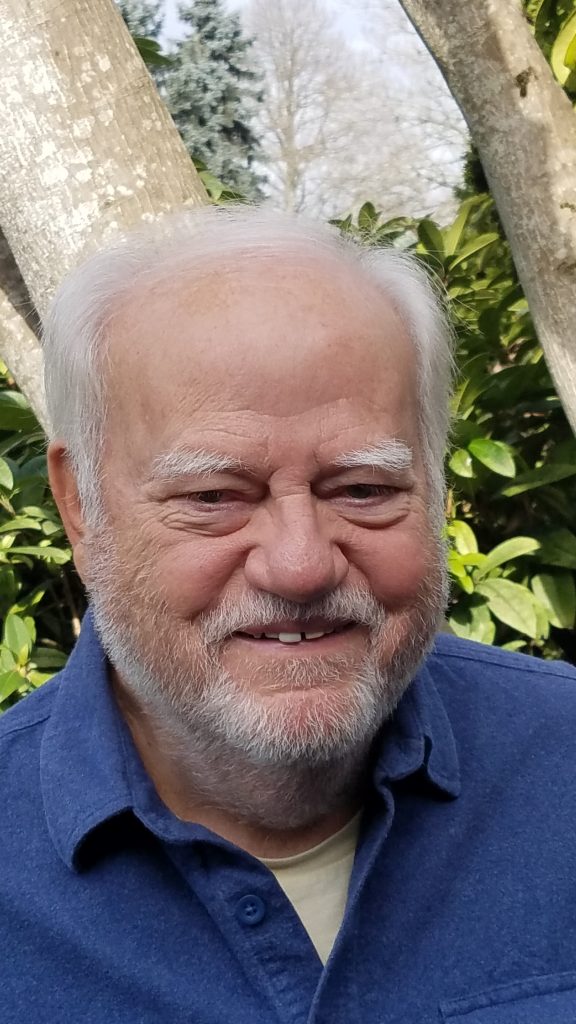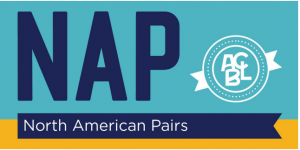It was with great interest and anticipation that I read Norman Beck’s article in the Bridge Bulletin about Jeff Meckstroth’s surpassing the unimaginable level of 100,000 masterpoints. I thought that my team and I might be mentioned for a unique score we recorded against Meckwell and teammates at a San Diego NABC in the early 1990s.
We were representing District 20 in the Championship Flight of the Grand National Teams. As was common, there were early Swiss matches to reduce the field to 16 teams. In one match we faced (with considerable trepidation) Jeff and Eric – at our table – and their team. The boards were thankfully timid with an IMP here, a push, more IMPs there, an IMP to us, a few IMPs there, etc. Near the end of the match, as dealer with no one vulnerable, I picked up ♦A K Q J 10 x x x with five losers. We played Gambling 3NT, showing a solid seven-card minor with no other stoppers, so I opened 3NT, deciding the extra diamond was unlikely to cause a serious problem.
Things quickly got interesting when Eric overcalled 4♥, partner bid 4NT and Jeff doubled. I passed, as did Eric. My partner pulled the blue Redouble card out of his bidding box and Jeff passed.
I learned the game in central Indiana, where a good bidding rule-of-thumb is that, if you have accurately described your hand to your partner, you are effectively out of the auction. Here, I thought, “This is the top pair in the world, but my extra diamond should be an overtrick so what could go wrong?” I would have been better advised to stop my thought process with the first eight words.
Eric and my partner passed. I expected a dummy with one diamond, the heart A–Q, a black ace and Q–J–10 in the other black suit. Wrong! With little thought, Eric led the ♥A. Partner tabled four small diamonds (at least the opponents did not have a loser in that suit) and three useless cards in the other three suits. The play went quickly, allowing Jeff to make a “Life Master of the Universe” discard of the spade ace. Down 10 was minus 5200, poetically 100 for every card in the deck.
Suggesting that 5♣ (which I could have corrected to 5♦) might have been a better choice than XX seemed a little cruel. More to the point, I was in shock and unable to produce any rational thought.
Sadly, we had to compare with our other half, two sane, calm and competent players. We had a team agreement that there would be no comments on, or questions asked about results before the comparison was complete. I thought to myself that this would be the acid test of that approach. As expected, things began quietly until the dreaded board when teammates announced, “Plus 1010.” Partner, who had been unusually subdued to this point, barked, “Lose 24!” Our teammates, to their eternal credit, had no visible or audible reaction. Needless to say, we were blitzed in the match and, fittingly, failed to make the KO round. There was little to say to our teammates who despaired not bidding their cold grand slam. My reminder that doing so would have only saved a single IMP was little solace.
When I went to congratulate Eric and Jeff on their victory, I felt compelled to ask them if they had ever been +24 on a board before. Jeff said it was a first for them. Since that day I have firmly believed that my team holds a somewhat dubious place in their partnership history. I have played for over 60 years (Swiss teams was not an event when I began). That board was the only 24 IMP exchange of which I have ever heard.



